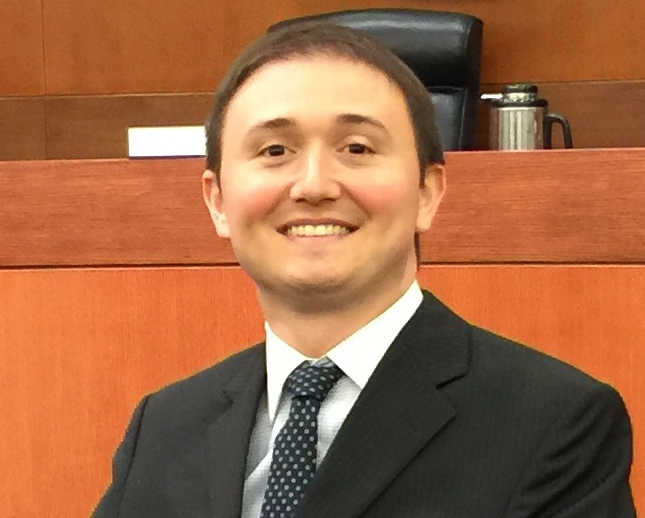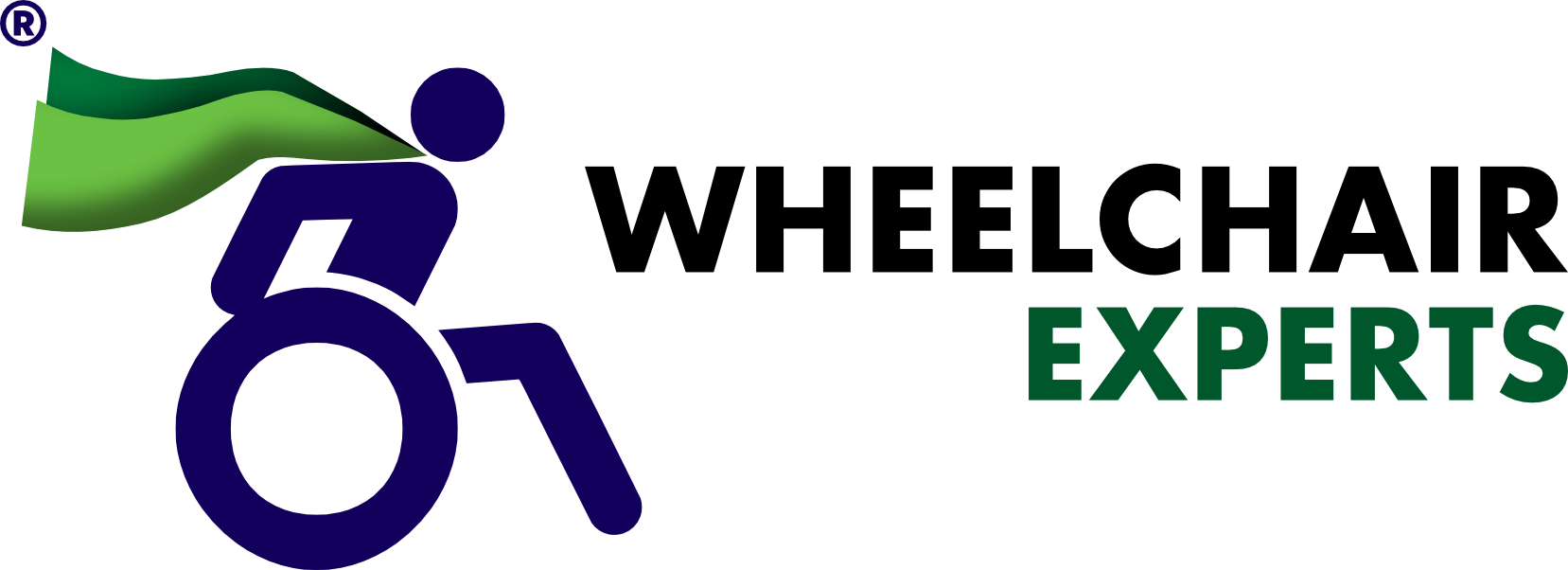 It happened the summer after my freshman year of college. An innocent family vacation became life-changing when a large wave picked me up and dropped me, leaving me paralyzed below the shoulders. On August 1, 2004, I became a C4-5 quadriplegic. And at 18 years old, I had no idea what my future would look like.
It happened the summer after my freshman year of college. An innocent family vacation became life-changing when a large wave picked me up and dropped me, leaving me paralyzed below the shoulders. On August 1, 2004, I became a C4-5 quadriplegic. And at 18 years old, I had no idea what my future would look like.
Being paralyzed didn’t change my dreams. I still wanted to graduate from college. I still wanted to work. I wanted a good job, a good house, a good future. But newly paralyzed at 18, I had no clue how I would even begin to accomplish these dreams. How would I be able to finish college? How could I hold a job someday? Would I lose my Medicaid and caregivers if I earned an income? I was afraid of these unanswered questions, and I was afraid to start my employment journey because it could end in heartbreak.
This changed by the summer of 2005, when I started getting my college wheels wet thanks to my state’s vocational rehabilitation program. Vocational rehab, which is available in every state, helped pay for school and provided me with assistive technology to get the most out of my education. I started at community college, then transferred to a bachelor’s degree program. And after that, I went to law school, joining the small group of lawyers to graduate without ever flipping a single page.
Throughout my schooling, I received SSDI monthly cash benefits that helped me get by. I also utilized Medicaid, which helped me receive community long-term care supports such as caregiving. All was well, until my initial fears of making an income became a reality.
Priority One:
No Nursing Home
In law school, I was offered a paid internship. I was so afraid to take the offer, even though it was a great opportunity, because I thought earning money could potentially jeopardize my caregiving. As a C4-5 quadriplegic, losing my caregiving would force me to move into a nursing home to get the supports I need to survive. As such, I will always, always choose my health care over my work. But luckily, I learned it was possible to have both.
My vocational rehab counselor recommended that I accept the summer internship and enroll in Social Security’s Ticket to Work program. The Ticket to Work program provides free benefits counseling, which helped me learn all of my options regarding income, assets and maintaining eligibility for federal programs like Medicare. Through Ticket to Work, I tested out the working world and maintained my Medicaid benefits for nine trial months. The experience helped me realize that I can do a job that I love and keep the benefits I need.
After the nine months ended, I enrolled in my state’s Medicaid buy-in program, which I still use to this day. This buy-in program allows me to keep my Medicaid eligibility despite my earnings. Keeping my Medicaid helps me in so many ways — it’s given me the chance to maintain my caregiving and receive a new power wheelchair every five years. Medicaid buy-in and other federal programs are available across the country, and there are different options for keeping health care benefits while holding a job depending on where you live.
Today I work as a medical malpractice attorney, fighting for people who have been catastrophically injured. I also work with United Spinal’s Pathways to Employment Program, and I provide free one-on-one job mentoring through SPINALpedia.com and willingtoworkusa.com.
I wish I could tell 18-year-old me not to be afraid. I wish I could show my newly-injured self the full life I lead today. Most of all, I wish I could tell the old me, “You will not be alone during your disability employment journey.”
I can’t speak to 18-year-old me, but I can speak to you. I am energized to let NEW MOBILITY readers know that work is possible after a spinal cord injury or disorder. It’s all about understanding that there is a system in place to help you to get to work, and then maintain a job without fear of losing your benefits. There are many resources out there that help people with disabilities find and keep employment. You, too, can follow your dreams. You do not have to be alone on your employment journey.
This is my first disability employment column of many. I’m looking forward to sharing stories, tips and tricks, and all things disability employment-related. In the meantime, if you would like to receive free one-on-one job mentoring or information on free benefits counseling, please email me at josh.basile@gmail.com.
And remember, work works!
** This post was originally published on https://www.newmobility.com/2020/01/you-are-not-alone-my-quadriplegic-employment-journey/

